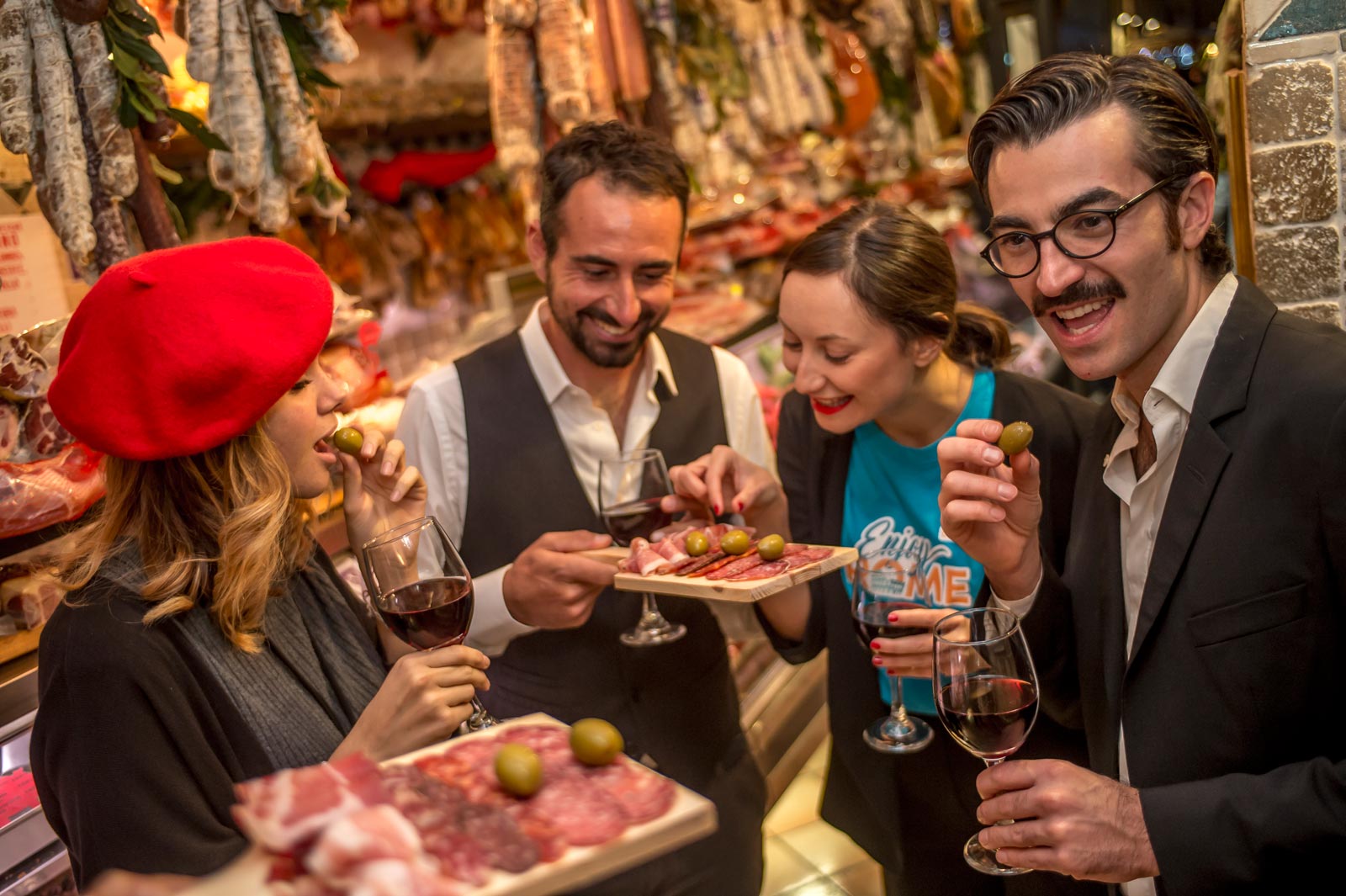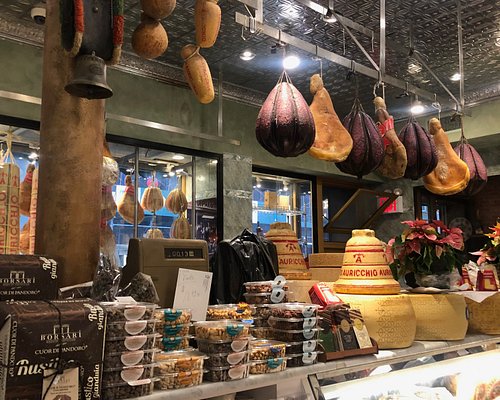Hanoi Food Tours: Journey Through Taste and Society
Hanoi Food Tours offer a special chance to involve with the city's cooking heritage, offering participants an opportunity to experience not only the diverse tastes however likewise the social narratives that go along with each meal. As one navigates via the roads of Hanoi, an expedition of the cultural importance behind renowned meals waits for, prompting one to think about just how these flavors form the identity of this vibrant city.
Culinary Emphasizes of Hanoi
Although Hanoi is renowned for its abundant history and vivid society, its cooking scene is equally engaging, offering a diverse array of tastes and recipes that mirror the city's one-of-a-kind heritage. Central to Hanoi's cuisine is the legendary Pho, a fragrant noodle soup generally made with beef or hen, enhanced by an aromatic broth instilled with seasonings like star anise and cinnamon. Another staple is Bun Cha, which features smoked pork patties served with vermicelli noodles and a zesty dipping sauce, epitomizing the harmonious balance of pleasant, salted, and sour flavors.
Street food plays a considerable role in the cooking landscape, with vendors offering specials such as Banh Mi, a Vietnamese sandwich full of meats, fresh vegetables, and spicy spices. Additionally, the typical dish of Cha Ca, seasoned fish sautéed with turmeric extract and dill, offers a distinct preference of local components and food preparation techniques.

Popular Food Excursion Options
Exploring Hanoi's cooking landscape through food tours uses an immersive experience that showcases the city's culinary customs and varied tastes (hanoi food tour). Amongst one of the most prominent options are street food scenic tours, which guide participants through busy markets and concealed alleyways, tasting famous recipes like pho, banh mi, and bun cha. These trips often include interactions with local vendors, supplying insights right into the prep work of each dish
An additional preferred selection is a cooking course combined with a market check out. Individuals first discover regional markets to choose fresh active ingredients before going back to a cooking school or local home to discover typical food preparation methods. This hands-on experience not only deepens recognition for Vietnamese food however likewise equips tourists with abilities to recreate meals back home.
For those seeking an one-of-a-kind viewpoint, motorcycle food tours offer a thrilling means to navigate the city while sampling a series of road foods in numerous areas. Additionally, specialized tours focusing on vegan or vegan food satisfy nutritional choices, making certain inclusivity. Each trip presents a distinct opportunity to involve with Hanoi's lively food scene, making them a crucial part of any kind of cooking trip in the city.
Cultural Significance of Regional Meals
The cultural significance of regional meals in Hanoi prolongs far beyond mere nourishment; it reflects the city's abundant history and varied impacts. Each recipe works you could try these out as a narrative, informing tales of the numerous areas that have shaped the cooking landscape of this dynamic city. The beloved Pho, a great smelling noodle soup, symbolizes the melding of Vietnamese active ingredients with French cooking methods presented throughout colonial guideline.
Additionally, neighborhood dishes typically represent local specializeds and socio-economic problems, showcasing the agricultural bounty of the bordering areas. Street food, such as Banh Mi and Bun Cha, is not just a testament to the ingenuity of regional vendors however additionally a party of public dining culture, where food comes to be a medium for social communication.
Additionally, typical foods are frequently linked with events and routines, marking crucial life occasions and public events. The preparation and sharing of these meals foster a sense of belonging and continuity within the neighborhood. Ultimately, the cuisine of Hanoi serves not simply to nourish the body, however to link people with their heritage, making every dish a cultural experience steeped in background and significance.
Tips for an Authentic Experience
A genuine food experience in Hanoi calls for greater than just tasting widely known dishes; it includes engaging oneself in the neighborhood society and taking on the practices of the locals. Begin by engaging with regional suppliers at road markets, where you can observe the prep work of typical recipes and connect with the cooks. This not just enhances your understanding of the food but also fosters links with the community.
Another suggestion is to embrace the local dining etiquette. As an example, many Vietnamese dishes are delighted in family-style, so don't hesitate to share dishes. Furthermore, utilize chopsticks correctly, as this signifies regard for the cooking custom.

Checking Out Hidden Food Treasures
Hanoi is home to many covert food gems that supply a special taste of local cooking traditions. Snuggled within busy streets and enchanting alleyways, these restaurants offer meals that reflect the abundant cultural tapestry of the city. One such treasure is "Bánh Cuốn," a delicate rice noodle meal frequently full of minced pork and mushrooms, generally appreciated with a side of tasty dipping sauce.
Another must-try is "Phở Bò," located in small, family-run dining establishments where recipes have actually been passed down via generations. The aromatic brew and tender beef exemplify Hanoi's proficiency in balancing flavors.
Checking out these local faves often causes unanticipated explanation culinary delights, like "Chả Cá," a barbequed fish recipe marinaded in turmeric and dill, offered with vermicelli noodles and peanuts.

Conclusion
To conclude, Hanoi Food Tours provide an improving experience that goes beyond plain eating, welcoming participants to engage deeply with the city's cooking heritage. The varied choices readily available, from road food expeditions to immersive cooking classes, help with a profound understanding of local tastes and practices. By focusing on genuine interactions with vendors and exploring lesser-known eateries, individuals can totally value the cultural importance of Hanoi's cuisine, ultimately cultivating a better recognition for the city's lively gastronomic landscape.
Hanoi Food Tours provide a distinct opportunity to involve with the city's cooking heritage, offering participants a chance to experience not just the varied flavors yet likewise the cultural stories that come with each meal.Exploring Hanoi's cooking landscape with food trips offers an immersive experience that showcases the city's culinary practices and diverse tastes. hanoi food tour.For those seeking an unique viewpoint, motorbike food tours use an exciting way to browse the city while sampling a variety of street foods in numerous districts.A genuine food experience in Hanoi requires even more than just tasting widely known dishes; it includes immersing oneself in the regional society and adopting the methods of the residents.Hanoi is home to many hidden food This Site treasures that offer a special taste of regional cooking traditions